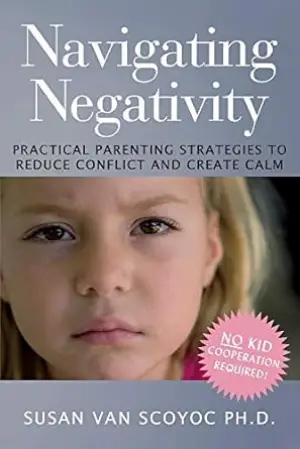Review of "Forgiving What You Can’t Forget" by Lysa TerKeurst
As an avid reader with a penchant for self-help and faith-driven literature, I was particularly drawn to Lysa TerKeurst’s "Forgiving What You Can’t Forget." The premise of the book intrigued me: overcoming the pain inflicted by others and discovering the freedom that comes with forgiveness. In a world where unresolved emotions often hold us hostage, I felt compelled to explore TerKeurst’s insights, especially as she is renowned for her relatable writing and deep empathy.
An Engaging Approach to Forgiveness
From the very first page, I was captivated by TerKeurst’s authenticity and raw emotional vulnerability. She opens up about her own struggles with betrayal and emotional wounds, making her words feel like a personal conversation. As I read, I kept reflecting on a review by Portia, who resonated with TerKeurst’s message that “forgiving someone doesn’t mean you have to restore a relationship with them.” This concept is liberating, often overlooked, and a key takeaway from the book.
TerKeurst doesn’t just position forgiveness as a onetime act; instead, she emphasizes that it is a daily choice. Readers are encouraged to process their feelings with God honestly, which for me was an enlightening perspective on emotional healing. This notion aligns with what Melissa expressed in her review: "It’s about reclaiming peace and freedom," which I believe is precisely the essence this book seeks to impart.
Two Sides of the Coin
That said, while I genuinely appreciated many aspects of the book, I found that certain elements could be polarizing. Several readers voiced similar sentiments, especially regarding the heavy religious undertones that permeate the narrative. As Matteo noted, the book often supports its concepts with religious references, which may not resonate with every reader. For someone who isn’t deeply spiritual, it might feel overwhelming, as I occasionally found myself skimming those sections.
Moreover, I noticed a mix of opinions regarding the depth of theological content. Some readers like Keneth and Latoya found the blend of personal anecdotes and biblical truths refreshing; however, others might feel it detracts from the core message of forgiveness. I agree with this duality; while the scriptural references provide a solid foundation for her arguments, the reliance on faith-based content could divert focus from the broader themes of emotional resilience.
Practical Takeaways and Insights
One of the book’s highlights is its practical approach to navigating pain, as TerKeurst introduces a thorough, step-by-step process for emotional healing. This resonates with the challenge of moving on, especially when the other party involved refuses to change or apologize. The insights on how unforgiveness keeps us trapped resonated with me, and I found myself reflecting on how I’ve navigated similar cycles in my life.
The real beauty of "Forgiving What You Can’t Forget" lies in its emphasis on proactive choices. It encourages you to recognize what’s stealing trust and vulnerability from your relationships. The focus on daily forgiveness and peace, as well as identifying triggers that hijack emotions, is practical advice that anyone can integrate into their lives.
Closing Thoughts
Overall, I would rate “Forgiving What You Can’t Forget” a solid 4.5 stars. TerKeurst’s writing is both compassionate and insightful, with practical advice that has the potential to lead readers toward emotional clarity and healing. While there is a definite focus on faith that might not resonate with everyone, I believe the core messages about forgiveness and releasing pain can benefit anyone who approaches the book with an open mind.
If you are struggling with forgiveness, coping with past traumas, or simply looking to deepen your understanding of emotional healing, I highly recommend giving this book a read. Whether you identify with the religious aspects or not, TerKeurst’s insightful and relatable guidance offers a roadmap to freedom from the hurt that binds us. It might just be the encouragement you need to start your healing journey.








